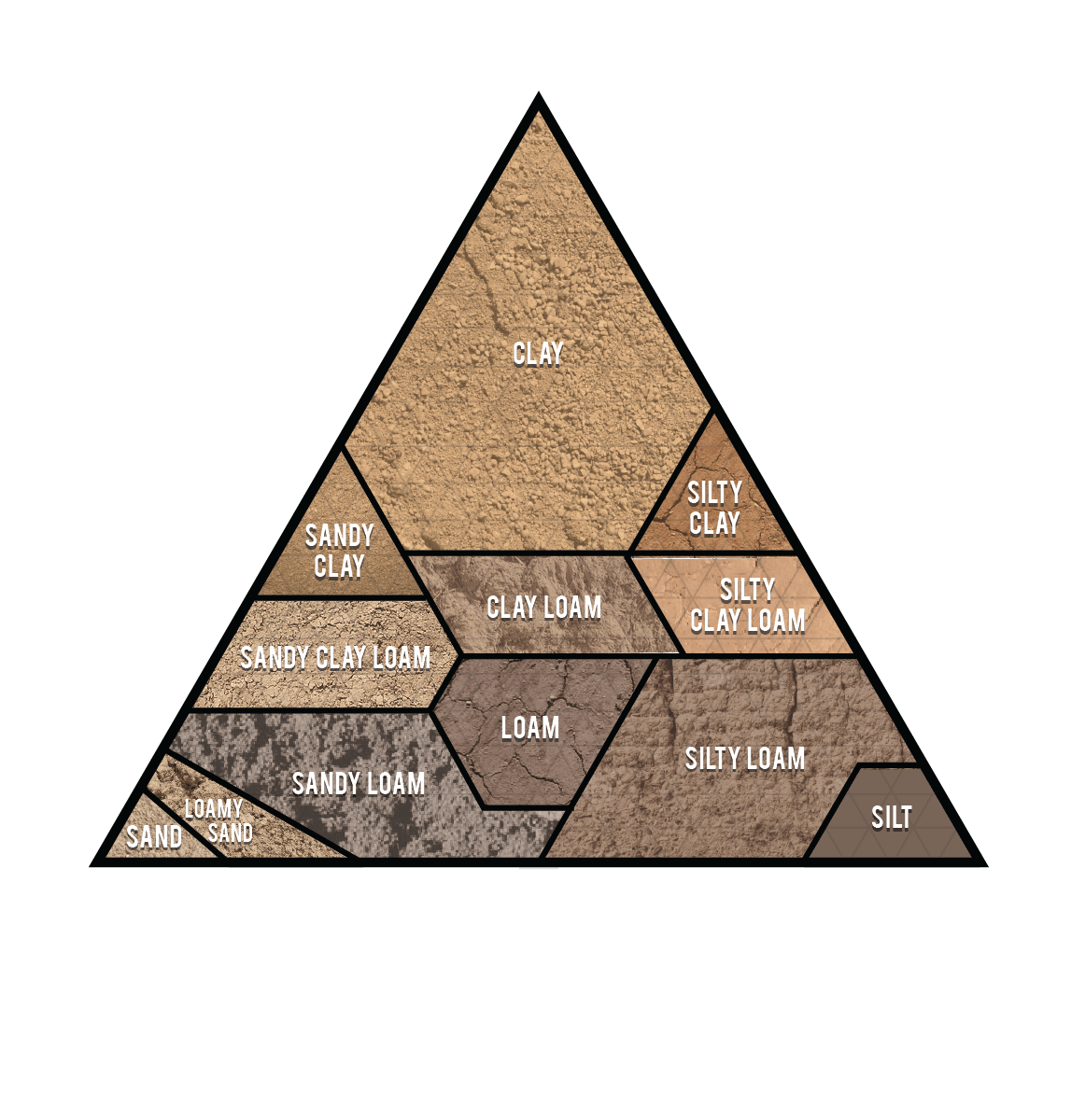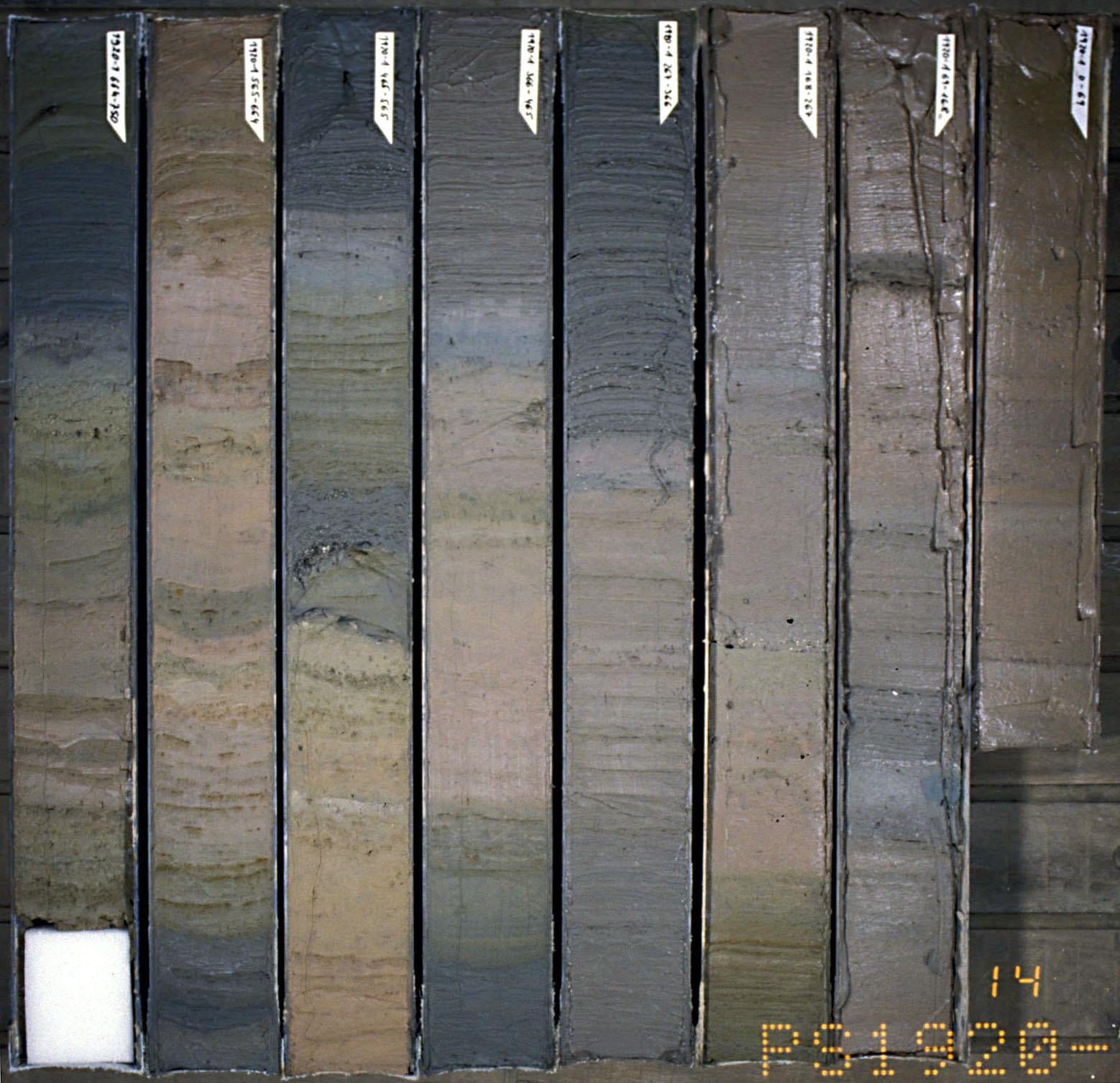this post was submitted on 21 Jan 2024
23 points (100.0% liked)
Soil Science
560 readers
1 users here now
Welcome to c/soilscience @ slrpunk.net!
A science based community to discuss and learn all things related to soils.

Notice Board
This is a work in progress, please don't mind the mess.
Subdisciplines of soil science include:
- Soil Taxonomy & mapping
- Soil Fertility & Organic Amendments
- Soil Chemistry & Remediation
- Soil Mineralogy
- Soil Physics
- Soil Biology
These subdisciplines are used by various other disciplines, particularly those related to reclamation, remediation, and agriculture.
Rules
- Don't throw mud. Be kind and remember the human.
- Keep it rooted (on topic).
- Please use a tag.
- No spam.
- Memes are welcome, but the focus of this community is science-based
Resources
Blogs
Careers
Chemistry
- Secondary and micronutrient availability by pH
- Secondary and micro nutrients availability by pH line graph
- Common Nutrient Deficiency Symptoms on Leaves Infographic
Classification
Maps & Datasets
Canada
- Canadian System of Soil Classificaiton
- 1982 Canadian Manual for Describing Soils in the Field
- Alberta Soil Quality Criteria Relative to Disturbance this one is widely used across Canada
- Best management practices for conservation of reclamation materials in the mineable oil sands region of Alberta - a good guide to basic reclamation and revegetation BMPs
Europe
- Agrifood Soilscapes (UK)
- Datasets from the BGS (UK)
- Datasets from the James Sutton Institute (UK)
- Scotland Environment Soil Maps
- Soil Atlas of Europe
- UK Geochemical Atlas
- UK Soil Observatory
United States
World
Soil Contamination:
- Cornell Guide to Testing Contaminated Soils
- CCME Soil Guidelines for Contaminants
- Wikipedia Lists of Hyperaccumulators for Bioremediation

Similar Communities
- !geology@lemmy.ca
- !geophysics@lemmy.ca
- !geologycareers@lemmy.ca
- !mining@lemmy.ca
- !openscience@lemmy.ml
- !reclamation@slrpnk.net
Sister Communities
Science and Research
Biology and Life Sciences
- !anthropology@mander.xyz
- !microbiology@mander.xyz
- !biodiversity@mander.xyz
- !palaeoecology@mander.xyz
- !palaeontology@mander.xyz
Plants and Gardening
Physical Sciences
Humanities and Social Sciences
- !archaeology@mander.xyz
- !cooking@mander.xyz
- !folklore@mander.xyz
- !history@mander.xyz
- !old_maps@mander.xyz
Memes
Find us on Reddit
founded 1 year ago
MODERATORS
you are viewing a single comment's thread
view the rest of the comments
view the rest of the comments
Where do you live? I would ask the neighbours, because one of them will know which lokal plants are going well. Lokal plants are every time the best.
I'm a Fan of mixing bought soil with the soil of the garden. And I'm making my own soil with the bokashi System.
I’ll check the bokashi system. I was wondering about mixing soil too. Good to know that that’s a legit practice.
A part of my garden seems well suited for planting, lots of grass, it’s overgrown and hasn’t been used in many years. I’m particularly interested in getting blackcurrant bushes to grow here and I know they like dampness which is a bit of a problem where I live (European part of the Mediterranean). I’m a huge fan of berries, but barely any grow here that I’m aware of. For the rest of the garden I’m definitely aiming for natives.
I have adapted my text again and run it through a translation programme, as my English has room for improvement.
I would ask the neighbours which native plants thrive well. Native plants are always the best.
As far as I know, blackcurrant bushes are not intended for warm climates. Maybe you can protect their south side with small trees for shade and put them a little lower. Red grapes are probably better suited.
I'm a fan of mixing bought humus with the soil from the garden. This saves money and the native plants cope better with the soil they are used to.
In addition, I make my own soil with a compost heap and something similar to an upstream bokashi system. To keep rats out, all the kitchen scraps go into one of two 50 litre barrels with lids next to the compost heap. A bit of grass clippings in between speeds up the process. When one barrel is full, I fill the second barrel. When the second barrel is full, I empty the first barrel into the compost heap. The rats no longer like this half-composted waste and the whole thing turns into humus much more quickly.